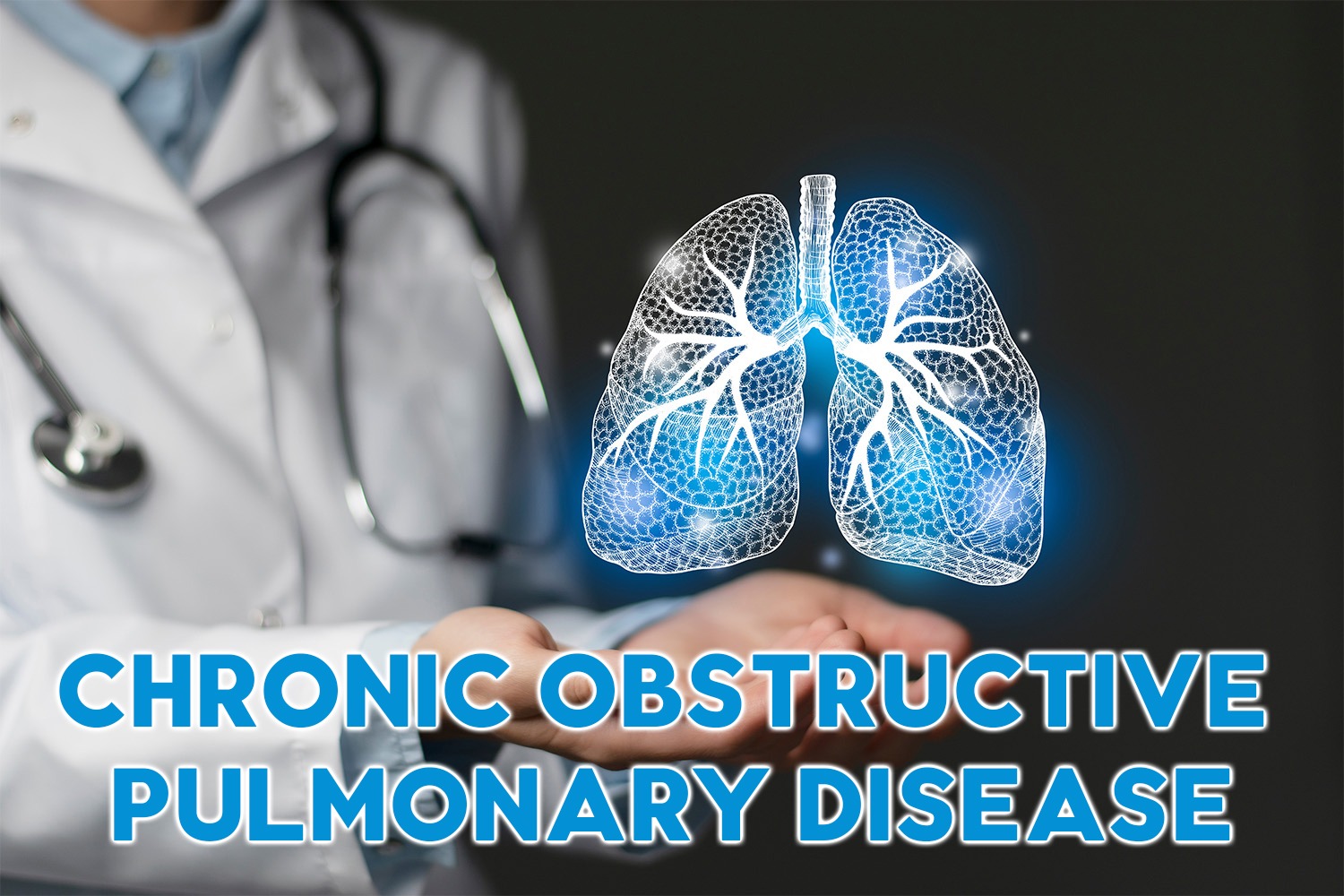Chronic Obstructive Pulmonary Disease, commonly known as COPD, is a respiratory condition that affects the lungs and makes it challenging to breathe. It is a widespread respiratory condition that affects millions of people globally, including a significant number in India. In this article, we'll explore what COPD is, its causes, symptoms, precautions, potential treatments, and its significance in India.
What is COPD: COPD is a chronic respiratory disease characterized by persistent obstruction of airflow, making it difficult to breathe. It encompasses conditions such as chronic bronchitis and emphysema, often caused by long-term exposure to irritating gases or particulate matter, most commonly from cigarette smoke.
Causes of COPD:
Smoking: The leading cause of COPD is cigarette smoke. Long-term exposure to other lung irritants, like air pollution and chemical fumes, can also contribute.
Genetics: In some cases, a rare genetic disorder known as alpha-1-antitrypsin deficiency can lead to COPD.
Occupational Exposure: People exposed to dust, chemicals, or fumes in the workplace may be at a higher risk.
Environmental Pollution: In India, where air quality can be compromised due to pollution, long-term exposure to particulate matter and noxious gases contributes significantly to the prevalence of COPD.
Biomass Fuel Use: In rural areas, the use of biomass fuels for cooking increases the risk of COPD. The smoke produced indoors can be harmful to the respiratory system.
Symptoms:
- Shortness of Breath: Difficulty in breathing, especially during physical activities.
- Persistent Cough: A cough that produces a lot of mucus.
- Wheezing: A whistling or squeaky sound while breathing.
- Fatigue: Individuals with COPD may experience persistent tiredness due to the increased effort required for breathing.
- Weight Loss: COPD can lead to unintended weight loss, often associated with muscle depletion.
- Chest Tightness: Uncomfortable pressure in the chest.
Precautions:
- Quit Smoking: If you smoke, quitting is the most effective way to slow down the progression of COPD.
- Avoid Lung Irritants: Minimize exposure to secondhand smoke, air pollution, and workplace pollutants.
- Get Vaccinated: Infections can worsen COPD, so staying up-to-date with vaccinations, including flu and pneumonia vaccines, is crucial.
- Exercise Regularly: Physical activity can improve breathing and overall health.
Cure and Treatment: While there is no cure for COPD, various treatments can help manage symptoms and improve the quality of life:
- Medications: Bronchodilators and corticosteroids can help open airways and reduce inflammation.
- Oxygen Therapy: Provides additional oxygen for easier breathing.
- Pulmonary Rehabilitation: A program including exercise, nutritional counseling, and emotional support.
- Surgery: In severe cases, surgery or lung transplant might be considered.
Significance in India: COPD is a significant health concern in India due to several factors:
- High Smoking Rates: Smoking is prevalent, contributing to a higher incidence of COPD.
- Air Pollution: Major cities struggle with air quality, exposing residents to respiratory risks.
- Underdiagnosis: Lack of awareness and underdiagnosis lead to delayed treatment.
COPD is not just a respiratory ailment; it's a multifaceted health challenge that demands a holistic response. Understanding COPD, its causes, and taking preventive measures are crucial for maintaining respiratory health. Early detection and lifestyle changes can significantly improve the prognosis and quality of life for individuals living with COPD.

 COPD is not just a respiratory ailment; it's a multifaceted health challenge that demands a holistic response. Understanding COPD, its causes, and taking preventive measures are crucial for maintaining respiratory health.
COPD is not just a respiratory ailment; it's a multifaceted health challenge that demands a holistic response. Understanding COPD, its causes, and taking preventive measures are crucial for maintaining respiratory health.





.jpeg)






.jpeg)







.jpeg)




.jpeg)
.jpeg)








